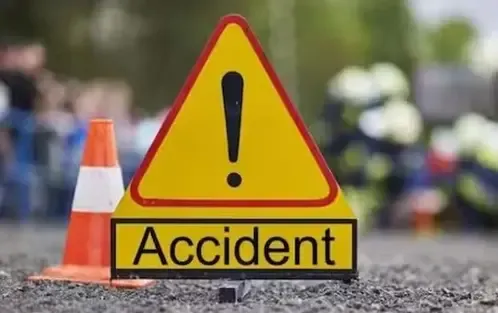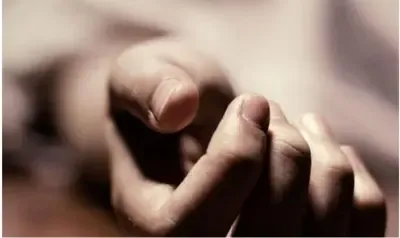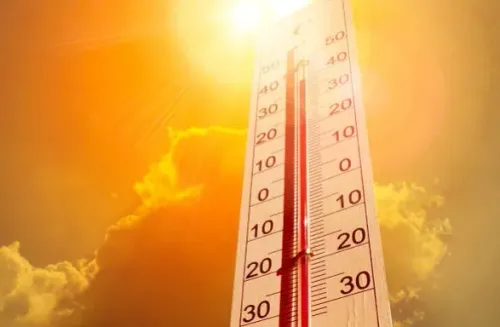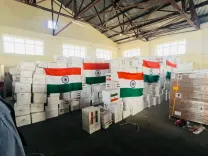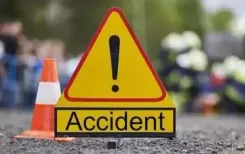BJP Applauds 'One Nation, One Election' Legislation; BJD Shows Cautious Optimism
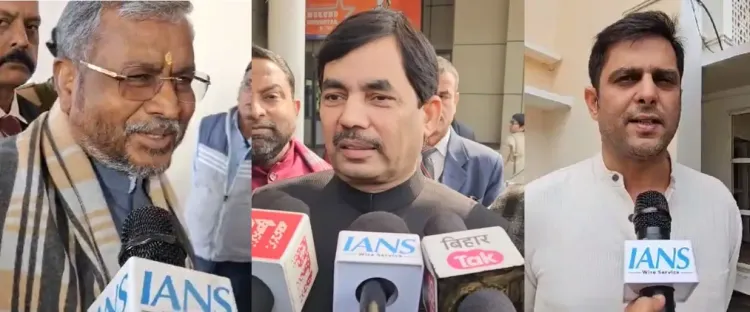
New Delhi, Dec 10 (NationPress) As the significant 'One Nation, One Election' legislation approaches introduction in the ongoing Winter Session of Parliament, both the BJP and the Biju Janata Dal (BJD) have voiced cautious optimism, advocating for a thorough examination of the Centre's proposal.
BJP National Spokesperson Shahnawaz Hussain addressed the media, emphasizing that the Cabinet would soon advance with the legislation.
“The nation seeks 'One Nation, One Election', and the majority of political parties agree, with only one or two exceptions,” Hussain stated, indicating broad political backing for the initiative.
Jharkhand BJP President, Babulal Marandi, also shared his thoughts, stating, "If put into action, 'One Nation, One Election' will greatly benefit the country. We welcome it."
However, BJD MLA, Kalikesh Narayan Singh Deo urged caution regarding the legislation.
"Let’s wait to see what the Central government presents in Parliament. Although the idea behind the legislation may be cost-effective, it must not compromise the constitutional rights of state governments," Singh Deo commented.
He expressed concerns about potential issues if state governments were to dissolve mid-term, emphasizing the necessity of protecting citizens' fundamental rights.
The Narendra Modi government is progressing with its 'One Nation, One Election' initiative and is preparing to introduce a Bill in Parliament during the current session.
The Union Cabinet has already endorsed the Ram Nath Kovind Committee’s report on the proposal, which advocates for simultaneous elections nationwide.
To garner widespread support, the government aims to build consensus on the Bill, potentially referring it to a Joint Parliamentary Committee (JPC) for in-depth discussions.
This effort will pave the way for input from all political parties, which will be sending representatives.
Furthermore, this will also allow other stakeholders, including state Assembly Speakers and intellectuals, to provide their perspectives. Public opinions may also be solicited.
Simultaneously, however, the execution of the 'One Nation, One Election' system is likely to be challenging without a clear and persuasive consensus. The implementation of this plan would necessitate amending the Constitution, and for that purpose, at least six Bills need to be passed.
This will also require a two-thirds majority in Parliament. It is important to note that the ruling NDA coalition possesses a simple majority in both Lok Sabha and Rajya Sabha. However, securing the necessary two-thirds majority will present a significant challenge.


